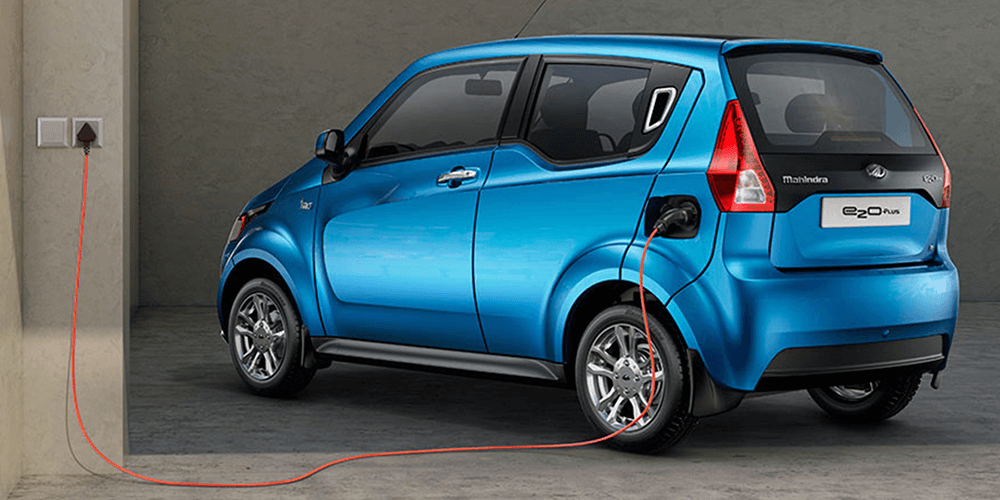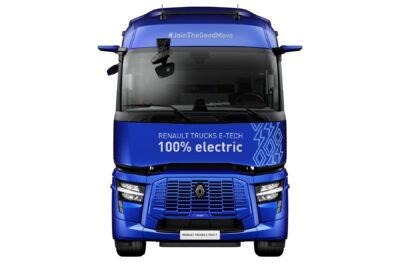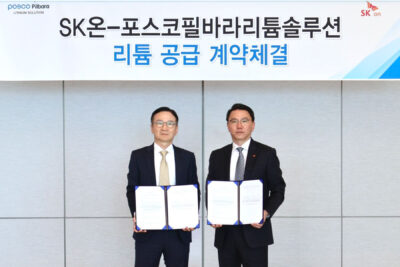India reduces taxes for separately sold EV batteries
The Indian government has lowered the VAT tax for separately sold batteries designated for electrified vehicles from 28 to 18%. The tax rate for batteries already integrated into their vehicles is still clearly lower though, standing at 12%.
The arrangement contains some hidden criticism about the future of Indian plans for exchangeable EV batteries. The goal of the tax rebate is to lower EV prices, as well as to support local battery industry. The import tax for EV batteries remains at 20%.
India is making great strides to grow its own native EV industry. For example, in May, the government announced special license plates for EVs and a special driver’s license for 16-year olds to drive an electric scooter, in order to help motivate drivers to switch to electric.
Furthermore, the second phase of the FAME subsidization programme, which launched in 2015, will have not only a wider range of subsidies for the purchase of buses, taxis, two wheelers and cars, but also includes a scrapping bonus for scrapping your old combustion vehicles, as well as investment grants for manufacturers of EV components. FAME stands for Faster Adoption and Manufacturing of hybrid and Electric vehicles. The first phase of the initiative was extended by another six months in April. The government is considering that the next version of the plan, called FAME 2, might be ready by then, meaning the new plan could enter on the 30th of September.





0 Comments